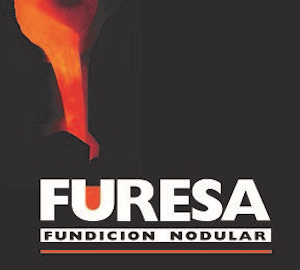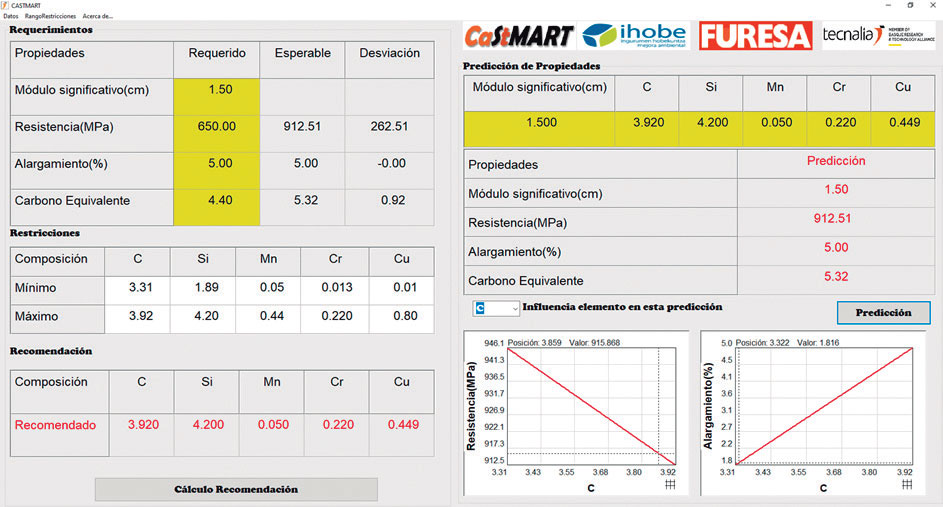FUNDITREN
REDUCING THE ENVIRONMENTAL IMPACT OF RAILWAY COMPONENTS
THE PARTS USED IN RAILWAY BRAKE ASSEMBLIES ARE USUALLY MADE OF CAST STEEL. On the one hand, steel offers better mechanical properties than standard nodular cast iron, but poorer heat dissipation, an important parameter in braking systems as they need to dissipate the heat generated during braking. On the other, cast steel only achieves its mechanical properties if the part is subjected to a standardised thermal treatment process, which involves taking the part from room temperature to approximately 850- 900º C. The Basque railway components sector is made up of more than 70 companies that account for over 80% of the total railway exports in our country. FURESA, a manufacturer of high added-value nodular cast iron parts for various sectors, leads FUNDITREN and has collaborated with TECNALIA Technology Centre in the project implementation.

DRIVING FACTOR

 OBJECTIVES
OBJECTIVES
- Reduce energy consumption in the parts manufacturing process; reduce consumption of alloying elements (including critical metals such as chromium, nickel and molybdenum); minimise the generation of slag; and lighten parts.
- Establish a new working methodology to standardise the manufacturing process and predict the final properties of the parts in a systematic way, choosing the most suitable alloy composition at the lowest cost.
- Reduce production costs (raw materials and energy) by 12% compared to steel parts manufacturing.
- Increase FURESA’s market share by 5%.
 RESULTS
RESULTS
- Approximate reduction of 31% in energy consumption.
- Approximate reduction of 51% and 28% in ferroalloys consumption and slag generation, respectively.
- Reduced environmental impact between 8 and 24% for the categories studied (acidification, eutrophication, climate change, photochemical oxidation, ozone depletion).
- 2% reduction in part weight.
- Development of a smart self-regulating algorithm for strength and elongation calculation, which proposes a specific alloy composition, making it possible to obtain the required properties for the parts.
- Savings of 12% in overall manufacturing costs when working in nodular cast iron
 CONCLUSIONS
CONCLUSIONS
- FUNDITREN has achieved a significantly improved process systematisation, which is now less dependent on human factors. Forecasting results based on alloy composition reduces part rejection and raw material costs. Once the process was fine-tuned and results verified, the working methodology has been incorporated, including staff training.
- This development allows FURESA to expand in the railway market with a more competitive product.
- The LCA carried out identified a potential significant reduction in the environmental impact from selected steel scrap consumption compared to using blast furnace ingots. This requires a new development to be materialised in a new circular economy proposal.
ENVIRONMENTAL
TECHNICAL
ECONOMIC
COMMERCIAL
ON THE MARKET


